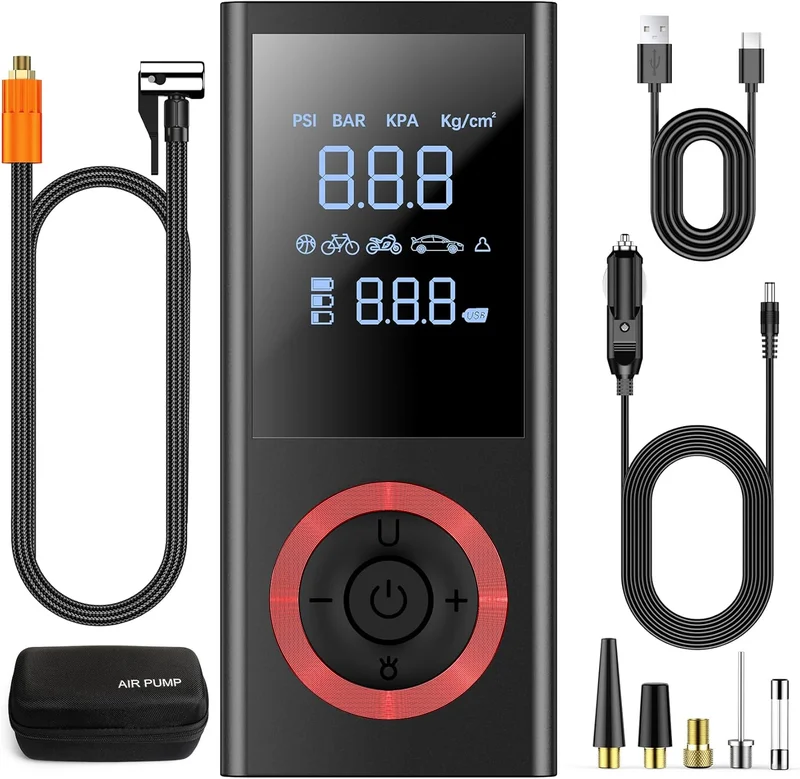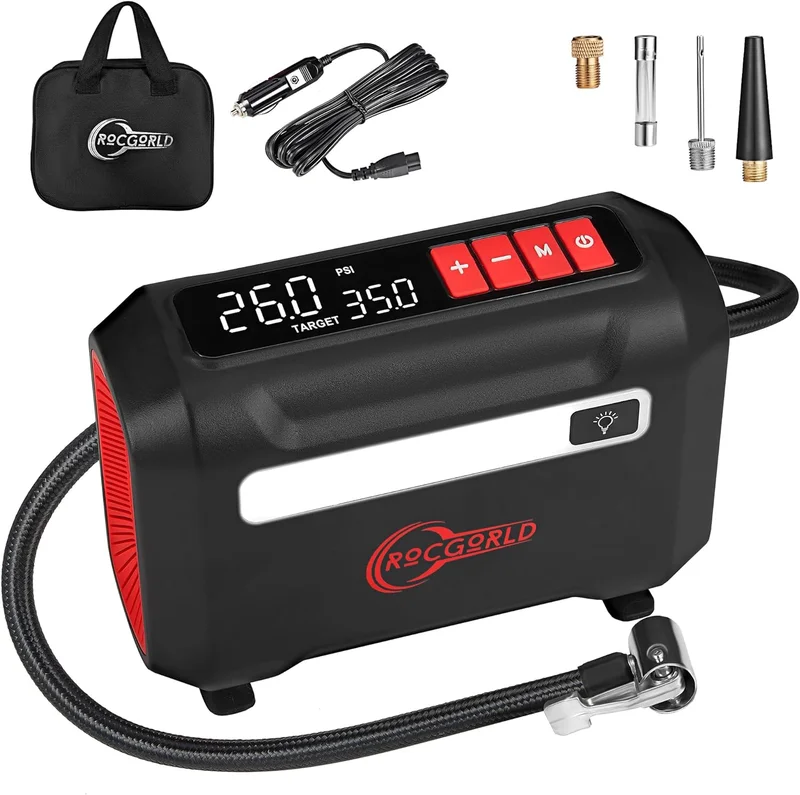10 Best Ev Station of 2025
Discover the ultimate EV station showdown! Uncover the top contenders offering speed, convenience, and innovation. Dive in to find the perfect power-up for your electric journey.
Updated: June 24, 2025
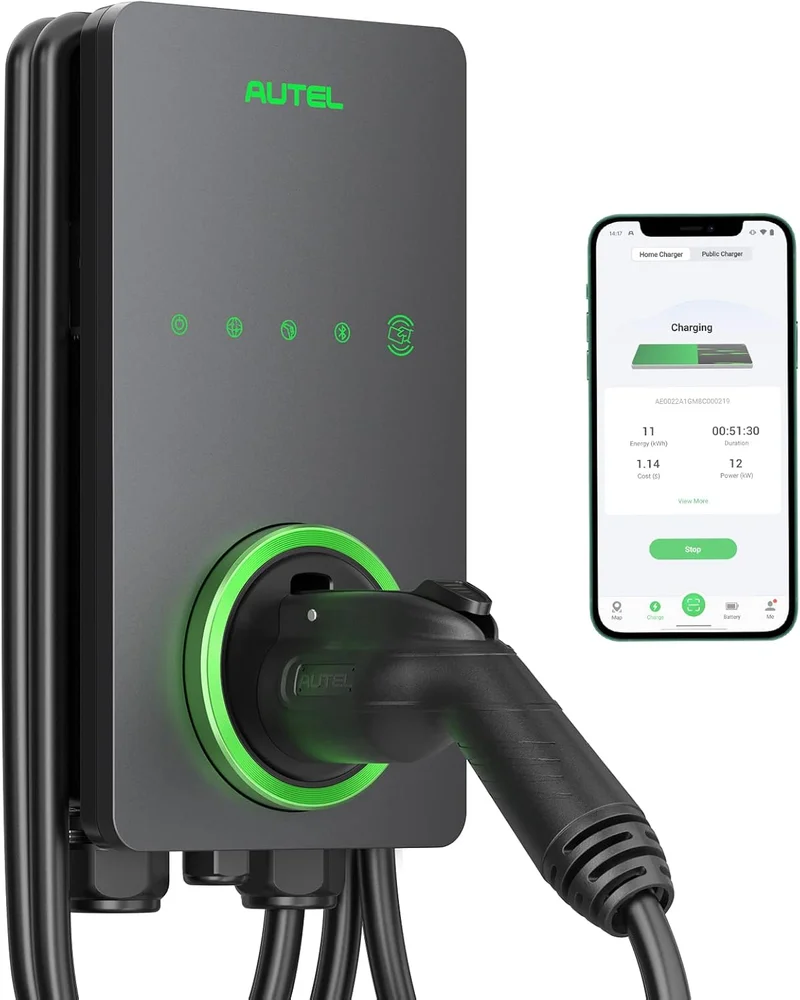
Autel Home Level 2 EV Charger
- High charging speed with up to 50Amp power.
- Wi-Fi and Bluetooth for easy connectivity.
- Durable 25-foot flexible cable for convenience.

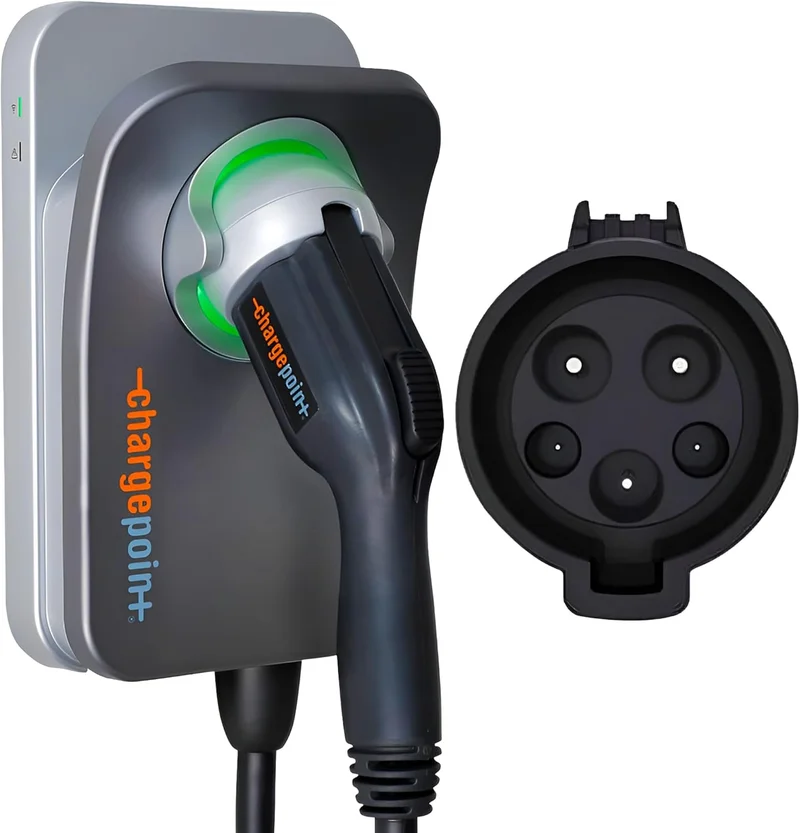
ChargePoint Home Flex Level 2 EV Charger
- Adjustable charging speed up to 50 amps.
- Compatible with all electric vehicle models.
- Easy installation and user-friendly interface.

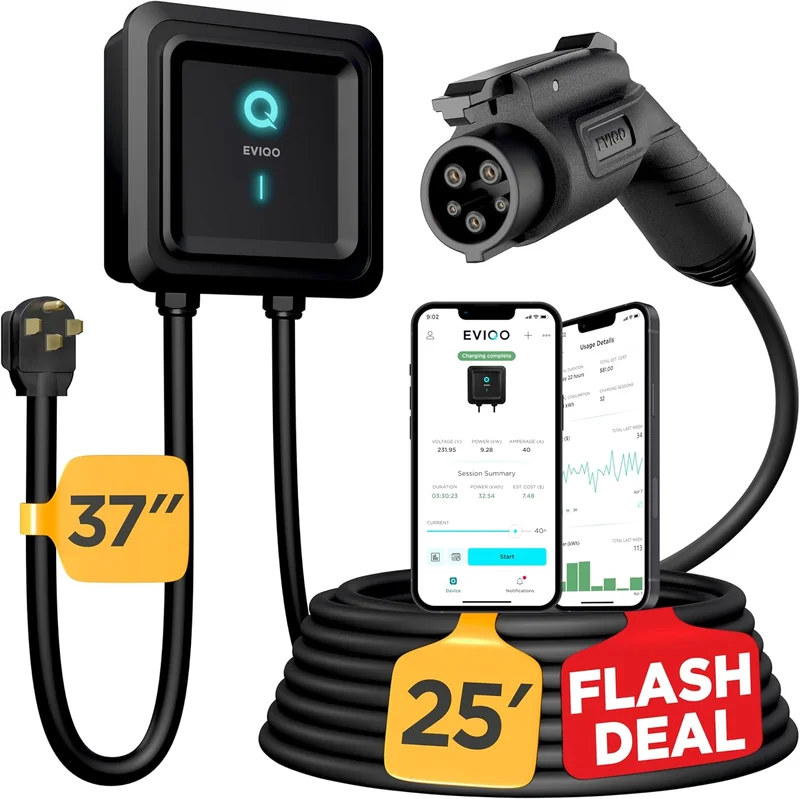
EVIQO 48 Amp Level 2 EV Charger
- Fast Charging: Up to 48A if hardwired or 40A with NEMA 14-50
- Flexible 25ft Cord for indoor and outdoor use
- Smart App with scheduling, tracking, tips, and OTA updates

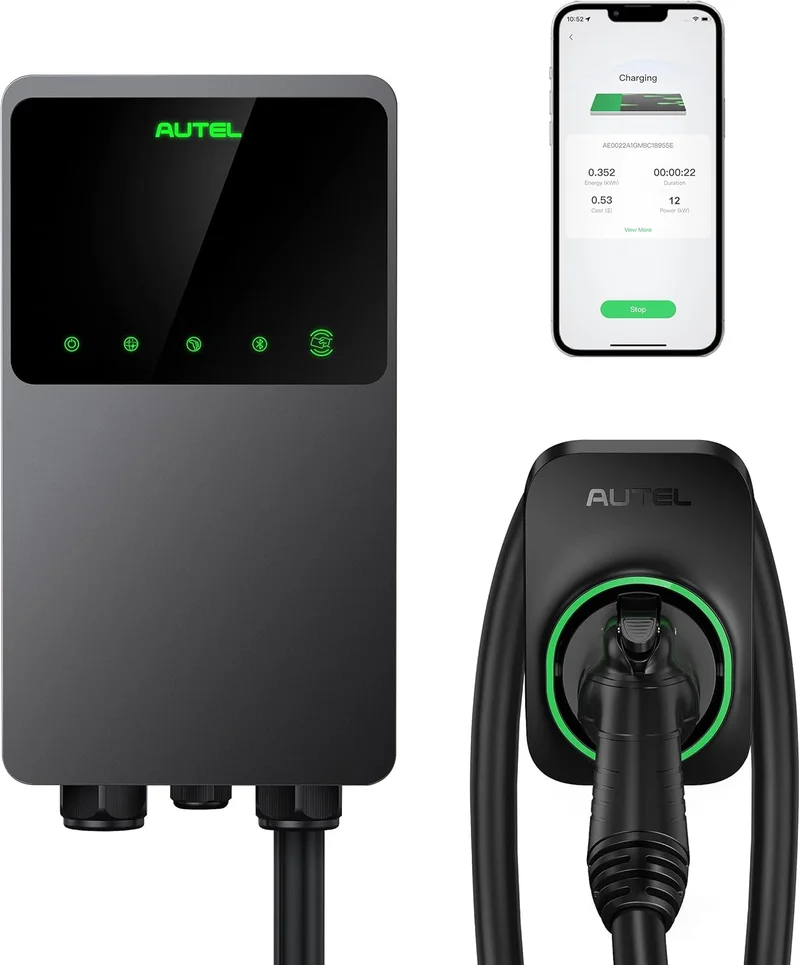
Autel MaxiCharger Home EV Charger 50 Amp
- High charging speed up to 50 amps.
- Convenient 25-foot cable with holster.
- WiFi and Bluetooth enabled for easy monitoring.

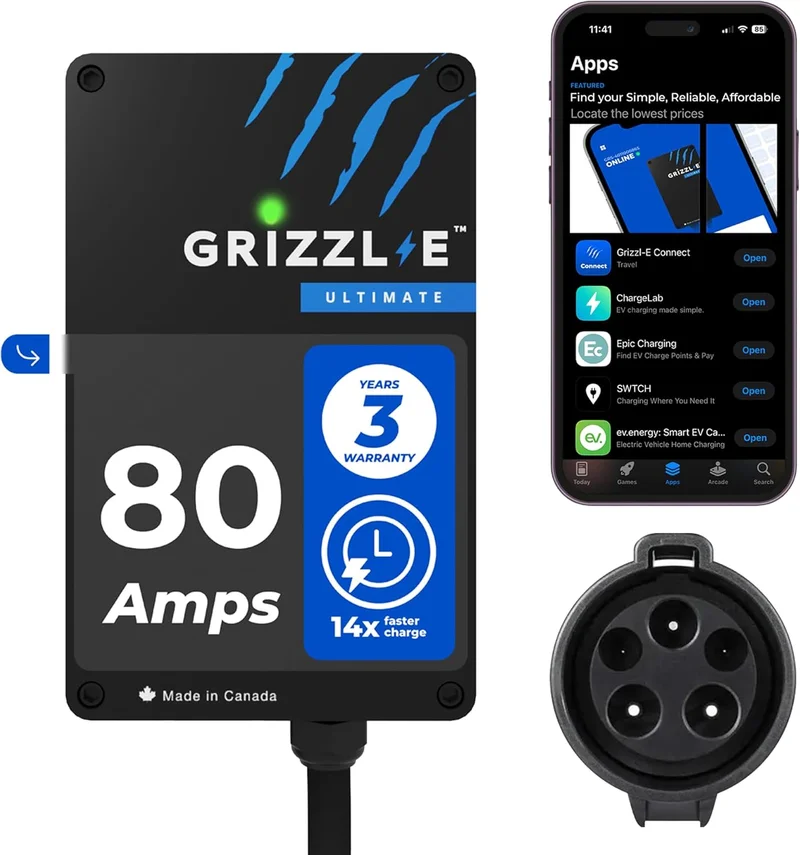
Grizzl-E Ultimate 80A EV Charger
- Provides rapid 80A fast charging capability.
- Durable metal case suitable for indoor/outdoor use.
- UL tested and certified for safety assurance.

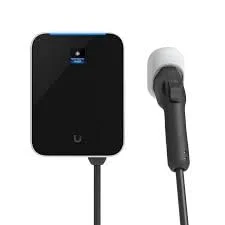
Ubiquiti EV Station Lite 11kW Charger
- Easy installation with user-friendly setup.
- Compact design fits small spaces comfortably.
- Smart app integration for efficient energy management.

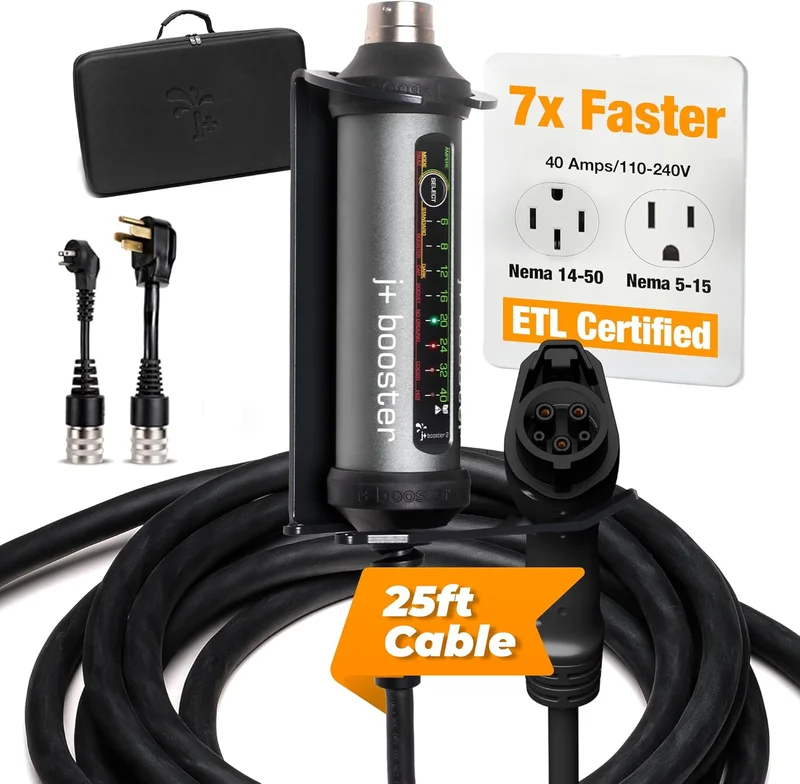
Level 2 EV Charger - 40 Amp, 25ft
- Charges EVs 7 times faster than standard chargers.
- Compatible with both indoor and outdoor use.
- Features dual NEMA 5-15 and 14-50 plugs.

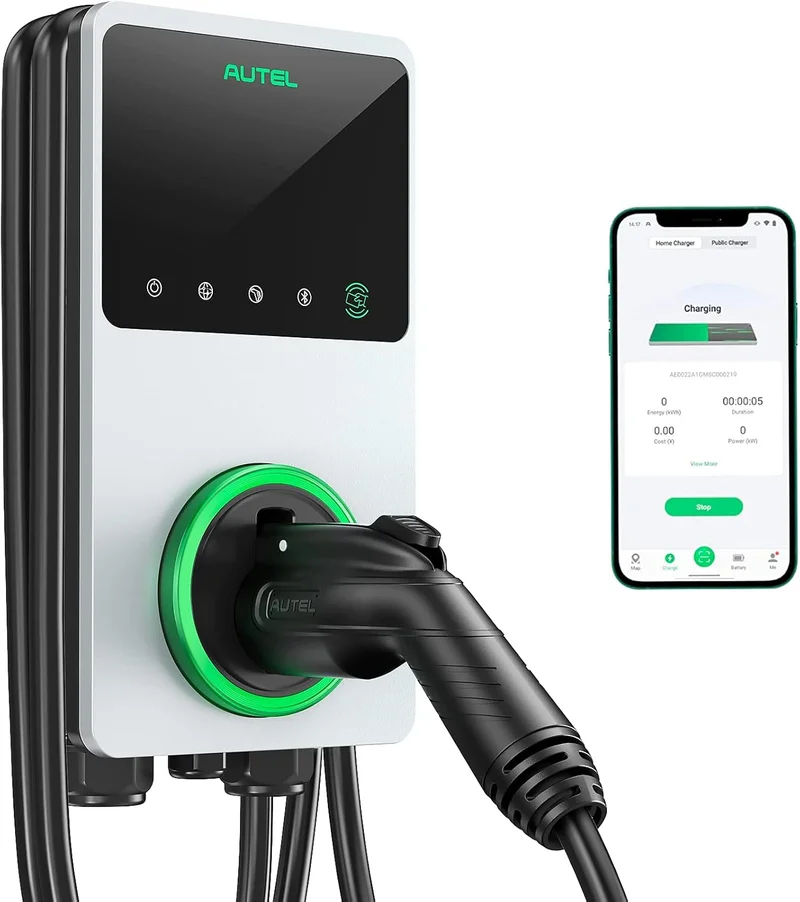
Autel Smart EV Charger 50Amp Silver
- Wi-Fi and Bluetooth connectivity for easy monitoring.
- Long 25-foot cable for flexible use.
- Suitable for both indoor and outdoor charging.

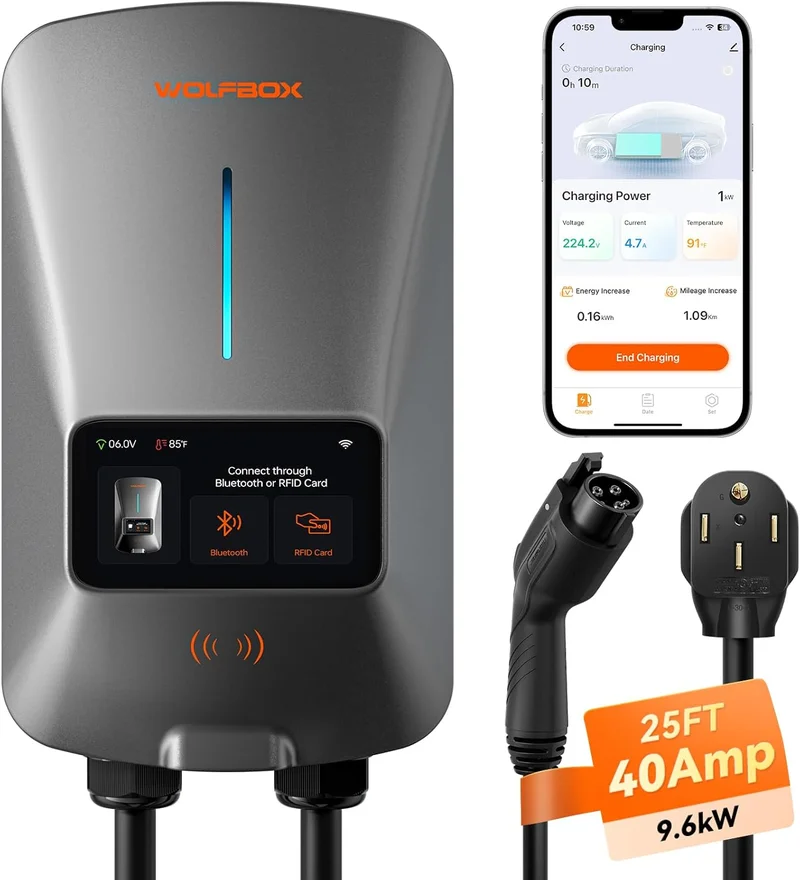
WOLFBOX 40 Amp Level 2 EV Charger
- Smart display shows real-time charging status.
- Comes with a long 25ft cable.
- Suitable for both outdoor and indoor use.

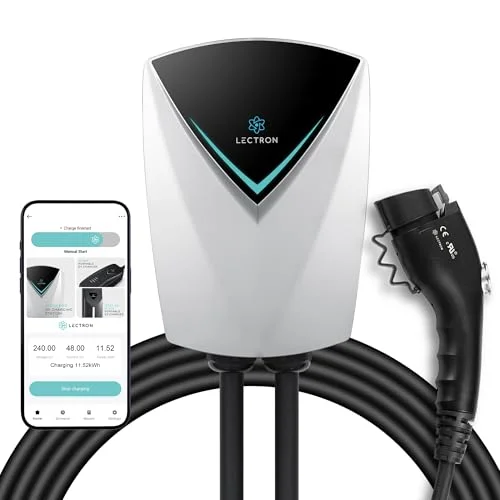
Lectron V-Box Pro EV Charging Station
- Easy app control for convenient charging management.
- Compatible with all J1772 electric vehicles.
- Offers both plug-in and hardwired installation options.

Tired of Hunting for Deals?
Get the best daily discounts delivered straight to your inbox
You Might Also Like
Overview of ev station
As electric vehicles (EVs) become increasingly popular, having access to reliable and efficient EV charging stations is more important than ever. Whether you're a new EV owner or a seasoned driver, finding the best charging station can significantly enhance your driving experience by reducing charging time and ensuring your vehicle is always ready to go. This review guide aims to help you navigate the growing market of EV stations, highlighting top options that offer convenience, speed, and compatibility with various car models, so you can make an informed choice that suits your charging needs.
Top ev station
Frequently Asked Questions
How do I find an EV station near me?
To locate an EV station nearby, you can use apps like PlugShare or ChargePoint, which provide real-time maps and availability updates. Many electric vehicle navigation systems also have built-in features to help you find the closest charging stations.
What types of chargers are available at an EV station?
EV stations typically offer Level 1, Level 2, and DC fast chargers. Level 1 is slower and uses a standard household outlet, while Level 2 provides faster charging with a 240-volt outlet. DC fast chargers offer the quickest charge, ideal for longer trips and quick stops.
How long does it take to charge at an EV station?
Charging time at an EV station depends on the charger type and your vehicle's battery capacity. Level 1 chargers can take up to 12 hours for a full charge, Level 2 chargers usually take 4-6 hours, and DC fast chargers can provide an 80% charge in about 30 minutes.
Can I pay with a credit card at an EV station?
Yes, many EV stations accept credit cards, making it convenient for users to pay as they go. Some stations may also require a membership or app for payment, so it's helpful to check the specific payment options available at your chosen station.
Are there any incentives for using an EV station?
Many regions offer incentives such as reduced charging rates or rebates for EV station usage to encourage electric vehicle adoption. It's worth checking local government or utility programs to see if you can benefit from any available incentives.

